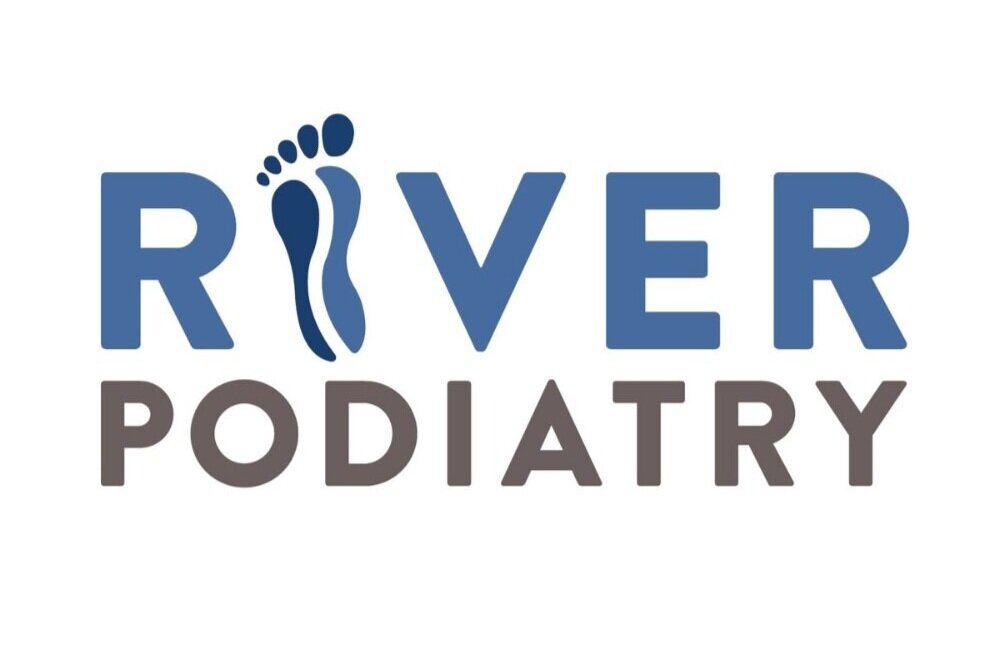What footwear would lead to bunions?
This is a question that is often asked at our office by our patients. The truth about bunions is it isn’t always possible to know with 100% certainty the exact causes.
It’s very well known that bunions tend to run in families. In other words, there seems to be a genetic component that influences the likelihood of a person developing bunions. For example, when choosing your footwear choices, bunions tend to be more frequent in people who have specific foot structures such as flexible foot arches.
It is also known that wearing specific shoes such as high-heels can actually cause bunions. If you are prone to developing bunions, making poor choices in your footwear can trigger or accelerate the foot issue. By putting your foot into a shoe such as a high-heel stiletto on a consistent basis, you will stress your joints, increase the destabilizing forces and cause your bunion to get worse.
In order to reduce the likelihood of a bunion, we recommend the following for daily wear:
Proper fit: Always buy shoes that properly fit your feet. We recommend measuring the length and width of your feet before purchasing, try on multiple pairs and walk around in them in the store before making a decision. The idea of “breaking shoes in” is false so buy shoes to that are comfortable from the start.
Toe space: avoid pointy, compact toe boxes that typically scrunch your toe digits together. Ideally, you would want your toes to be able to lay flat in their natural position.
Arch support and cushioning: Choose shoes that offer a solid base of support, including a soft and cushioned footbed with built-in arch support along with a very slightly elevated heel.
Orthotics: If you have an abnormal foot shape or gait pattern, we would recommend a pair of orthotics to reduce putting excessive pressure on your big toe joint and developing bunions.
However, whether it’s for a work event or night out, we do understand that sometimes you can’t avoid wearing shoes such as high-heels. IN this case, we recommend the following:
Wear them sparingly: try to reserve these types of shoes for special occasions only. While wearing these shoes, we recommend avoiding standing or walking in them for hours at a time. While wearing them, we also recommend bringing an extra pair of comfy shoes that you can easily switch into before and after the event or when your feet begin to hurt.
Reduce heel height: When it comes to keeping weight and pressure away from bones and joints that can develop bunions, the shorter the heel the better. We recommend only wearing high heels that are 2 inches or less.
Wide base of support: At a given heel height, a chunky wedge can support more weight compared to a thinner stiletto.
Ensuring your health by being consistent with your footwear will help you live a healthy lifestyle. Should you have any questions, please contact our team here to set up an appointment online, by email at info@riverpodiatry.com or by phone at (845) 735-8440.


